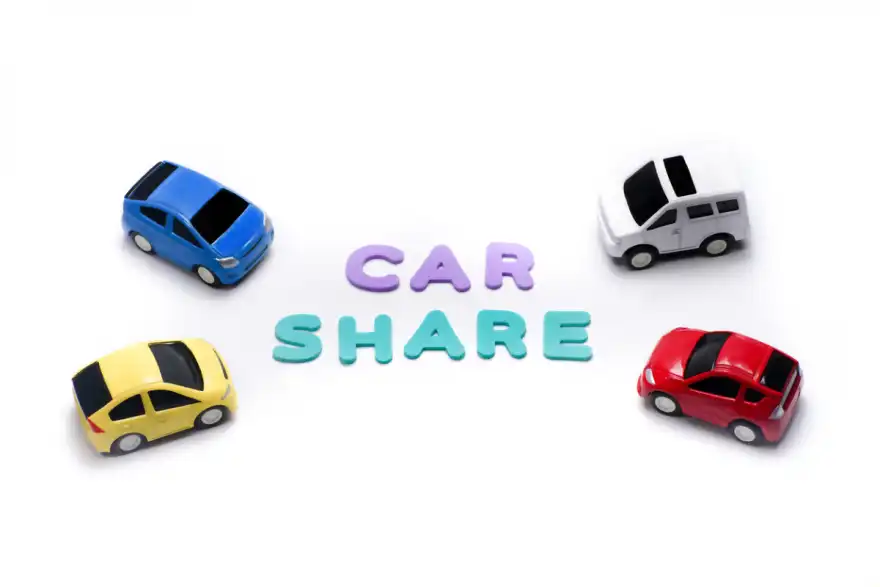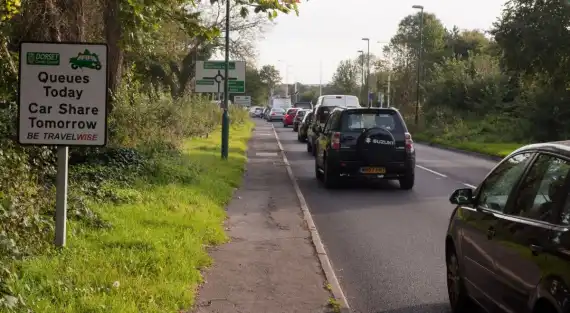
Car-pools, lift-sharing and car-clubs are great ways to reduce the shocking environmental impact of motoring. Simply by joining with other car-owners we can cut pollution, congestions and our own costs.
There is, however, one major problem. These worthy schemes all involve letting strangers get into your car.
The rest of the world may now be awash with shared rides available at the touch of a smartphone… but we British have yet to get over the simple fear of allowing an unwelcome invader in the precious privacy of your own vehicle.
In America, for example, Peer-2-Peer car-sharing schemes are booming. The idea is that anyone can rent out their car while they’re not using it. After all, your car is a valuable asset that eats a significant part of your income – why not put it to work for you?
P2P websites match available cars with pre-checked borrowers. You might find a businessman turning up to drive your unused car around town for a day and pocket £80 at the end of it.
Will British motorists ever willingly embrace this system? It won’t be the complicated insurance and fuel arrangements that deters them – it will be the thought of an unknown bottom on their driver’s seat.
Car pools are also much more common across the Atlantic than Britain. UK comic James Corden has been able to create a smash hit TV show in America with his ‘car-pool karaoke’ – an idea that wouldn’t make sense here.

Friends and neighbours do sometimes share lifts but it rarely goes beyond an informal agreement to take turns driving to work or taking children to school.
Most British car owners value the interior of their car as if it is part of their personal space. The fear of being stuck with someone who talks too much, or too little, on a journey completely prevents us sharing our vacant seats.
Instead of Corden’s shared singalongs, we actively fear someone disrupting our choice of car listening. We’re prepared to sing along with favourite tunes – but only by ourselves.
The least formal way of car sharing, like a sort of digital hitch-hiking, is using one of the online sites for sharing a specific journey. Need to carry a heavy box from Aberdeen to Zennor next Tuesday? Put your request to a site like Liftshare and they try to match you with someone doing that same journey. You can split the fuel cost and have someone to talk to.
There are those who will jump at such an offer. But there are plenty more who would be worried sick about the sharer. After all, they may be weird or frightening, or worst still, they may not share your love of slapping the steering wheel in time to eighties disco classics.
The final proof of our natural insularity came when an ambitious international scheme to operate shared cars in London and Birmingham flopped hopelessly. The BBC reported how the car2go system was established at great cost by one of the world’s largest car-sharing networks.
"The unique challenges we encountered were more significant than expected," said a car2go spokesman as they announced they were shutting the scheme and abandoning the UK.
“We've listened closely to customer feedback and, taking the UK's strong culture and tradition of private vehicle ownership into account, we have decided to withdraw from the UK marketplace.” In other words, we failed because the Brits don’t want to share their car space.
“As the world's largest free-floating car sharing provider,” car2go continued, “we will continue to observe the UK market for cultural changes towards the free-floating model." I wish them luck with that but I’m not holding my breath.
Let us know your thoughts?




